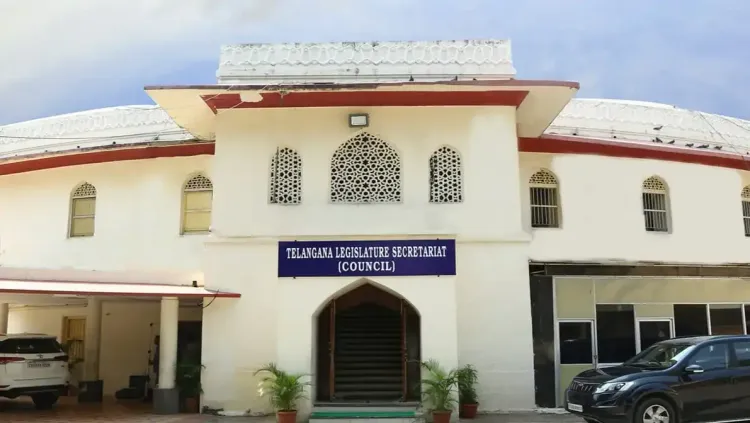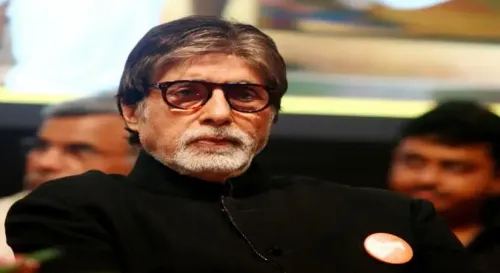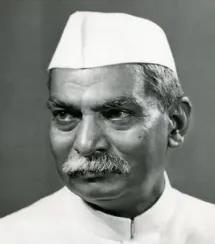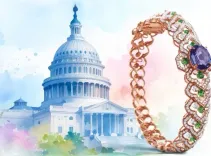Why is the BRS Protesting the CBI Probe into Kaleshwaram?

Synopsis
Key Takeaways
- The BRS protests reflect strong opposition to the CBI probe.
- The protest led to significant disruption in the State Legislative Council.
- Three important bills were passed amidst the chaos.
- The investigation focuses on alleged irregularities in the Kaleshwaram project.
- The passing of bills highlights ongoing debates around reservations in local governance.
Hyderabad, Sep 1 (NationPress) The demonstration by Bharat Rashtra Samithi (BRS) against the Telangana government's choice to assign the investigation of the Kaleshwaram project to the CBI created significant turmoil in the State Legislative Council on Monday.
As soon as the House convened, BRS members disrupted the session by tearing apart the copies of the PC Ghose Commission report and hurling the fragments towards Chairman G. Sukhender Reddy, shouting slogans of 'Jai Telangana'.
In the midst of the chaos, the Chairman proceeded with the session. The Council managed to pass three Bills without any discussion, ultimately adjourning the House sine die.
At the start of the day, BRS representatives were quick to express their dissent regarding the government’s decision to transfer the investigation of alleged discrepancies in the Kaleshwaram Lift Irrigation Project to the Central Bureau of Investigation (CBI).
The announcement was made by Chief Minister A. Revanth Reddy in the Assembly early in the morning following an extensive debate on the PC Ghose Commission report, which examined the supposed irregularities in the project established during BRS's governance.
While BRS members protested, the Council proceeded to address the Telangana Municipalities (Third Amendment) Bill, 2025 and the Telangana Panchayat Raj (Third Amendment) Bill, 2025, which were passed by the State Assembly on Sunday, lifting the 50% upper limit on reservations for Scheduled Castes, Scheduled Tribes, and Backward Classes in local bodies. This decision clears the way for implementing 42% reservations for Backward Classes in local body elections.
Minister for Backward Classes Welfare Ponnam Prabhakar accused BRS of obstructing the Bills as it opposes the 42% reservation for BCs.
Moreover, the Council passed the Telangana Allopathic Establishment Act (2002) Repeal Bill by voice vote without any debate, which had also been approved by the Assembly on Sunday.
Once the House was adjourned sine die, Telangana Pradesh Congress Committee president and MLC Mahesh Kumar Goud criticized the BRS for interrupting the proceedings.










